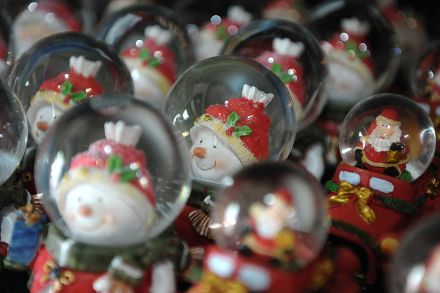The joy of Boxing Day football
Whether it’s food, music or movies, this time of the year is all about traditions. To my mind, there are few better than Boxing Day football. Across the country, fans like me partake in the ritual of watching our team play a match, the result of which can make or break our Christmas. Teams in other top European leagues get a two-week break over Christmas. But while our neighbours on the continent might enjoy their football-free festivities, over here we have a packed schedule. The number of games being played in just a few days means Boxing Day marks the start of a crucial period of the season. Lose a





















